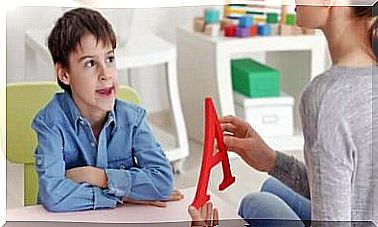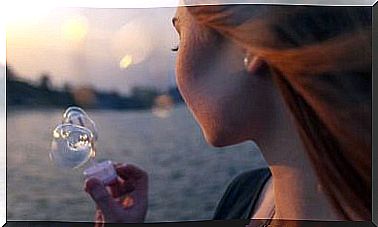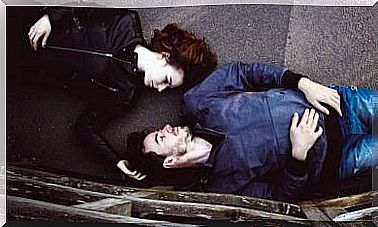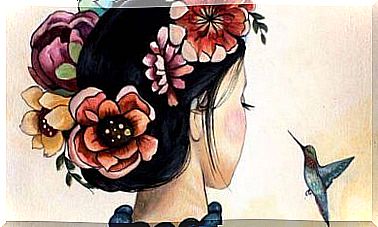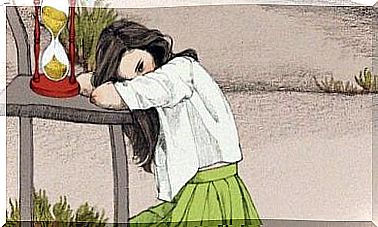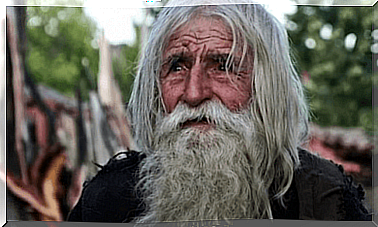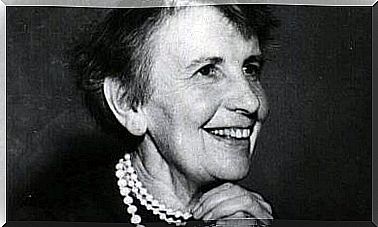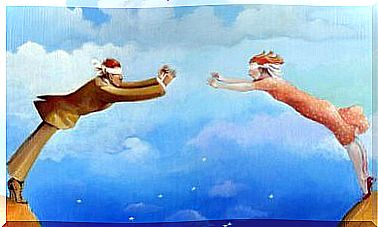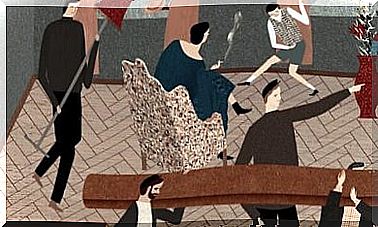The Magical Effect Of Reading On Our Brain

Reading novels, fiction and essay texts allows us to imagine situations, scenes and characters. By browsing their pages, we create mental images of faces, clothes, landscapes, spaces and distances. And that’s where the magical effect of reading on our brain begins.
Reading, as an activity, is a perfect opportunity to disconnect and calm our internal dialogue. It also slows down blame, accusation, or thought cycles about those problems that we fail to resolve. All of this can activate many areas of the brain that trigger our senses.
Language in the right hemisphere
Neurologist Guillermo García Ribas argues that reading facilitates two aspects: decoding language and symbolic thinking.
Alex Huth is part of the team that mapped the semantic system of the brain. Very surprisingly, he discovered that language is not limited to the left hemisphere, as he had thought until then. It seems that language production is the specialty of this part. But much of the understanding of language apparently occurs in the right hemisphere.
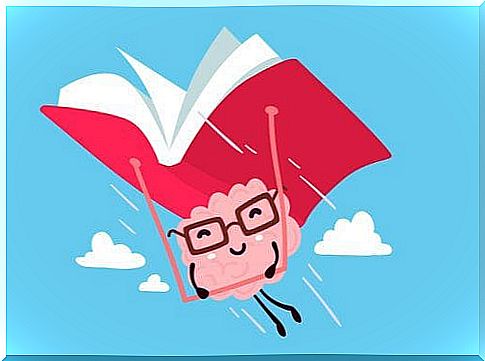
Reading in our brain: mental GPS activated
Neuroscientist Aidan J. Horner argues that the representation of mental images influences the cortical and subcortical neural system. It also activates a network of grid cells in the entorhinal cortex. These cells are responsible for spatial localization. In other words, they make the brain understand the position it occupies in space.
They are activated in the face of mental images created from reading the description of characters in an environment. Or when we imagine ourselves in a place. They do this in the same way as for visual or auditory stimuli.
These grid neurons show strong regulation of theta waves. These are electrical impulses of large amplitude, a characteristic linked to the reorganization of the brain structure. They are also low frequency waves and some believe that they facilitate access to unconscious content.
Theta waves are unique to phases 1 and 2 of sleep in adults. In contrast, children spend their waking time in a theta wave state during their early years of life. When this phenomenon takes place during adult waking, something similar to the state of consciousness achieved after meditation or hypnosis occurs.
One of the effects of reading on our brain would therefore be to facilitate the state of consciousness which gives access to the content of the unconscious. At the same time, a reorganization of brain structures and neural networks would occur.
Mirrors through which to look at yourself
Robert Harris of Emory University performed magnetic resonance tests on a group of people when they read a novel. This study produced amazing results.
The movements that the characters in the novel performed activated different areas of the brain in the readers. The areas activated were the same as those which would have been activated if they had performed the movements themselves. A significant strengthening of neural connections in the central sulcus was also noted. This organ is related to body sensations and empathy.

A trace in the brain
Robert Harris’ experiments led to collateral results. We were able to discover a neuronal trace left by reading a novel a few days after the end of it. Resonances were also made to the participants several days after their reading. This demonstrated that the connectivity that had increased during the reading period was maintained for several days even when the person was no longer reading.
This phenomenon has been dubbed “shadow of activity”. Its trace is maintained for at least five days after the end of the novel. This same trace could even stay alive longer if we liked the book a lot.
This “shadow of activity” produced by reading in our brain could explain the magic of books. The same magic that allows characters and stories to remain in us. Even after the end of a novel.

